Good morning, It’s Tuesday, April 22nd. In today’s news, Policy Horizons Canada issues a dire warning about the nation’s potential future, the Conservative and Liberal platforms go head to head, Mark Carney’s $130 billion in new debt will bankrupt Canada, Klaus Schwab steps down as the World Economic Forum’s chairman, and much more.
First time reading the Daily Blend? Sign up here.
Canada’s 2040 Forecast: A Nation Without Upward Mobility
A new foresight brief from Policy Horizons Canada offers a chilling look at what life may look like in 2040. In this future, upward social mobility—the very idea that hard work leads to a better life—is almost unheard of. Canadians no longer believe they can improve their circumstances through effort. Instead, they brace for downward mobility and scramble just to hold their ground.
In this bleak projection, post-secondary education is no longer a pathway to success. Tuition and housing costs have priced out all but the wealthy. The job market no longer rewards credentials, and the return on investment is too uncertain for most. Likewise, homeownership has become a fantasy. Most new buyers in 2040 rely on family help or enter into intergenerational mortgages, living with parents and grandparents under the same roof. Those without family wealth are left behind.
As inheritance becomes the only reliable way to get ahead, Canada begins to resemble a modern aristocracy. Society is increasingly stratified. Class-based social isolation is the norm, enforced by algorithmic dating apps and gated digital communities. The rich don’t just have more—they live in entirely different worlds.
For those on the outside, life is a hustle. Gig work and side jobs are the norm, not the exception. People hunt, forage, and trade services informally to meet their basic needs. Some turn to grassroots communities, banding together in food, childcare, and housing co-ops. As this underground economy grows, governments may lose relevance altogether, unable to enforce regulations or maintain legitimacy.
This disillusionment has consequences. When people who work hard see no reward, they start looking for someone to blame. Social unrest, scapegoating, and political instability could follow. The report warns that Canadians’ belief in equality of opportunity may soon fade.
The end of abundance is upon us. With global populations in decline, globalism fracturing, and national debts spiralling toward collapse, we are headed towards a Brave New World. But this is not a message of doom. It is a call to prepare—not in fear, but with resolve.
Humanity has survived worse—volcanic eruptions, asteroid impacts, real pandemics, world wars, and global famines. And yet, time and again, it endures. As the saying goes: strong men make good times, good times make weak men, and weak men make hard times. Well, the hard times are already here. The only question now is—how much worse must it get before we rise to the occasion and begin the cycle anew?
Election 2025: What the Liberals and Conservatives Are Promising This Election
With the federal election fast approaching, many Canadians are asking a simple question: What exactly are the major parties offering on the issues that matter most? Here's a concise overview of where the Liberals and Conservatives stand:
Taxes
The Liberals are proposing a 1% cut to the lowest income tax bracket. For a dual-income household, the annual savings would be about $825.
The Conservatives go further, pledging to reduce the same bracket from 15% to 12.75%, which would save that same household roughly $1,800 per year.
While both plans offer relief, the Conservative proposal delivers more meaningful savings—especially as inflation continues to squeeze family budgets.
Capital Gains
The Liberals had planned to raise the capital gains inclusion rate to 66%, but now say they’ll leave it untouched.
The Conservatives are offering a capital gains exemption for Canadians who reinvest their profits in Canadian businesses, homes, or retirement funds.
One party is backing away from a tax hike (this is not something the Liberls should even cheer about), the other is encouraging reinvestment at home, and a faster route to individual financial success—two very different signals to investors and entrepreneurs.
Housing
The Liberals propose eliminating the GST on new homes under $1 million—but only for first-time buyers. Potential savings: up to $50,000.
The Conservatives would remove the GST on all new homes under $1.3 million and eliminate up to $50,000 in municipal development charges. Total potential savings: as much as $100,000.
On supply:
The Liberals aim for 500,000 new homes a year, using public lands, financing, and a new federal housing agency.
The Conservatives promise 2.3 million new homes over five years, with plans to tie federal infrastructure dollars to municipal housing performance.
The difference here is in execution. After eight years of missed Liberal housing targets, many voters should be looking for a new approach.
Immigration
The Liberals say they’ll reduce permanent residency targets to 395,000 and aim to lower the proportion of temporary residents to 5% of the population by 2026.
The Conservatives would restore immigration levels to the historical average of 200,000–250,000 annually and tie future growth to housing, infrastructure, and health care capacity. They also plan to close irregular border crossings like Roxham Road.
With housing and services stretched thin, this debate is shifting from “how many” to “how sustainably.”
Healthcare
The Liberals are focused on public investment: 7,500 new doctors and nurses, billions in hospital upgrades, and expanding dental and pharmacare.
The Conservatives want to cut red tape by certifying foreign-trained health professionals faster, shift oversight of mental health to the federal government, and repeal federal vaccine mandates.
The Conservative plan leans more toward system reform than system expansion—especially around workforce shortages.
Trade & US Relations
The Liberals, under Mark Carney, say they’ll maintain retaliatory tariffs against the U.S. until “respectful” trade relations are restored. They’ve promised $2 billion for the auto sector and another $5 billion to diversify trade infrastructure beyond U.S. dependence. Carney is also calling for a fundamental shift in our relationship with the US, arguing that the era of close cooperation is over.
The Conservatives support using targeted, reciprocal tariffs in the short term, but they’re focused on long-term economic independence. Poilievre has pledged to renegotiate the Canada-US-Mexico Agreement (CUSMA) to fix current trade imbalances and would push for a pause on tariffs during these talks. His “Canada First” strategy emphasizes protecting key national interests—like our borders, resources, agriculture, and laws—and rebuilding domestic industry to reduce reliance on the U.S. altogether.
Here’s the truth: there is no quick fix to the tariff issue. After nearly a decade of Liberal economic policy, Canada finds itself without any real leverage. So while neither party has a perfect short-term solution to Trump-era trade tensions, only one is offering a realistic path forward—and that path begins with rebuilding the foundations of our economy.
Energy & Economy
The Liberals plan to implement a corporate carbon tax, keep the oil and gas cap in place, and leave Bill C-69—the so-called “No More Pipelines Act”—untouched. Carney has even floated using emergency powers to fast-track costly green energy projects while continuing to block Canada’s most valuable economic engine: its natural resources.
The Conservatives are offering a plan to unlock Canada’s energy potential. Pierre Poilievre has pledged to repeal the carbon tax and Bill C-69, remove the oil and gas cap, and create a “pre-approved” national energy corridor to speed up infrastructure approvals. He’s also committed to fast-tracking mining development in Ontario’s Ring of Fire within six months—critical for global clean tech supply chains. The Conservative plan is focused on unleashing growth, reducing regulatory bloat, and getting Canadian energy to international markets.
The Liberal plan asks us to shrink one of the few sectors still driving our economy, while the Conservatives are focused on expanding it responsibly—boosting jobs, exports, and even lowering emissions abroad in the process.
If the goal is real economic recovery and global relevance, the path forward is clear.
Online Speech
The Liberals plan to reintroduce Bill C-63, which will dramatically limit free expression online.
The Conservatives vow to repeal Bills C-11, C-18, and block future legislation that restricts digital speech.
There is no debate here—free speech is the foundation of democracy
Fiscal Outlook
The Liberals plan to spend $130 billion over four years on new programs, adding approximately $225 billion to the national debt.
The Conservatives say they’ll find billions in savings by cutting waste, cancelling programs like the Infrastructure Bank, and refocusing spending. They’re also aiming to balance the budget.
With interest payments approaching $60 billion annually, the fiscal path forward is becoming harder to ignore.
The Bottom Line
After nearly a decade in power, the Liberals are doubling down on government-led solutions—more spending, more programs, and more regulation. The Conservatives, by contrast, are offering a reset: lower taxes, leaner government, and a focus on affordability, housing supply, and economic growth. With cost-of-living pressures mounting and public trust in institutions under strain, this election comes down to a simple question: stay the course or chart a new one?
Mark Carney’s $130 Billion in New Debt Will Bankrupt Canada
Mark Carney just unveiled his Liberal Party platform, promising $130 billion in new spending and deficits until 2029. The media have gushed over Carney’s “expertise” in managing crises. But at a certain point, you’ve got to ask: if someone’s entire career is spent “managing” crises, maybe they’re the one causing them. It’s like the friend who burns through relationship after relationship, but always blames everyone else. The one common denominator? Them.
Carney’s platform guarantees another $214 billion in deficit spending. This follows a decade where the Liberals doubled Canada’s national debt, yet our GDP per capita has barely moved, growing a pathetic 1.4% over the past ten years, placing us second-last in the OECD. This is a political class racking up credit card debt in your name, while your income stagnates. They’re not investing in the future—they’re looting it.
This is not just mismanagement. It is theft dressed up as governance. Here’s how the scam works: governments issue bonds (i.e. taxpayer IOUs), central banks print money to buy those bonds, and the government “invests” that money in infrastructure, green tech, healthcare—whatever buzzwords poll well. But the cash always seems to land in the pockets of politically connected corporations. And the central banks? They make money off the interest on the debt. As George Carlin said: “It’s a big club, and you ain’t in it.”
So who still supports this band of criminals disguised as public servants? First, wealthy retirees who bought homes before the inflation bomb detonated and housing prices went vertical—they got rich off the collapse. They like to pretend they’re voting for the same Liberal Party of the ’90s, but they won’t be around long enough to suffer the fallout of the one they’re enabling today.
Then there are the depressed and bitter social justice types—people who don’t want to fix the world, they want to drag it down with them. They’re like someone drowning in self-inflicted misery who refuses a lifeline, choosing instead to pull anyone nearby under the surface just to feel less alone.
And lastly, middle-aged women so thoroughly propagandized about abortion that they genuinely believe conservatives want to force-breed them into Handmaid’s Tale slavery. They can’t walk away from the Liberals—not because they support the policies, but because doing so would mean admitting they spent the last decade falsely branding half the country as fascists. So instead, they cling to the illusion that conservatives are cruel and Liberals are compassionate, even if it means voting for collapse—because preserving their moral superiority matters more than preserving the country.
Carney promises growth and prosperity. But look around—does any of this feel prosperous? You’re not imagining it. They’re robbing your future to enrich themselves. And they’ll call it “progress” until there’s nothing left to steal.
World Economic Forum Founder Klaus Schwab Retires as Chairman
Klaus Schwab, the founder of the World Economic Forum (WEF), has announced his retirement as chairman after 50 years at the helm, stepping down with immediate effect. Former Nestlé Chairman Peter Brabeck-Letmathe has been appointed interim chairman, with a search committee formed to find a permanent successor.
The WEF, long criticized for being a gathering of the global elite, continues to host influential figures from politics and business at its annual meetings in Davos, where key decisions often take place behind closed doors. Schwab's leadership has seen the forum become a symbol of the growing divide between the powerful and ordinary citizens, with critics accusing it of fostering elitist agendas and unchecked corporate influence. Despite Schwab's departure, the WEF's mission to shape global policy and promote economic cooperation remains, but the forum’s role in perpetuating top-down decision-making and global power dynamics is likely to continue. More
Pope Francis Dies at 88 After Suffering Stroke, Heart Failure
Pope Francis, born Jorge Mario Bergoglio in Buenos Aires, Argentina, was ordained a priest in 1969 and served in various roles within the Church before becoming pope in 2013. He was the first pope from Latin America and the Western Hemisphere and passed away on April 21, 2025, at the age of 88 after suffering a stroke, and experiencing irreversible heart failure.
Pope Francis had a legacy of social and political reforms, particularly regarding the environment, immigration, and the LGBT community, which sparked both praise and criticism. His leadership included engaging in diplomatic efforts, notably improving relations between the Vatican and Cuba, and addressing critical issues like immigration and economic inequality.
As the Vatican prepares for the election of a new pope, the College of Cardinals will meet in a conclave to elect a successor. More
China Linked to Fake 'Wanted' Poster and Repression Efforts Against Conservative Candidate, Joe Tay - More
Putin Says He is Open to Direct Peace Talks With Ukraine - Putin and Zelensky face pressure from the United States, which has threatened to walk away from its peace efforts unless some progress is achieved. More
UN: Haiti Could Face ‘Total Chaos’ Without More International Support as Several Military Personnel Executed in Capital - More
Israeli Investigation into Deaths of 15 Palestinian Medics in Gaza Finds 'Professional Failures,' Deputy Commander Fired - More
Wife of Former US Senator Bob Menendez Convicted in Bribery Scheme - Bob is set to begin serving an 11-year prison sentence in June for his involvement in the crimes. More
Google Fights Antitrust Breakup—Warns US AI and Tech Dominance at Risk in War with China
As Google heads to court in Washington, DC, over antitrust remedies, the tech giant argues that breaking up its core services—like Chrome and search—would hurt US national security and AI innovation in the face of rising competition from China. The DOJ wants Google to divest key products and open its search data to rivals. Google says this would weaken American tech leadership and benefit foreign competitors like China’s DeepSeek. The trial runs through May 9, with a ruling expected in August. More
Here’s the Status of Major EV Battery Plants and Projects in Canada - TLDR: Despite the billions in taxpayer subsidies, Canada’s EV battery plant experiment is stalling—undermined by failing demand, corporate backtracking, and the harsh reality that the green revolution isn’t selling like the WEF promised. More
Nationwide Class-Action Lawsuit Launched Against Popular Weed Killer Brand in Canada Owned by Monsanto Canada ULC - More
How Thoughts Influence What the Eyes See
Is that lime for a margarita or a marinade? According to a new Columbia study, your brain’s visual system makes the call before you even realize it. Neuroscientist Nuttida Rungratsameetaweemana found that the part of your brain responsible for seeing doesn’t just record images — it interprets them based on what the rest of your brain is already thinking about. If it’s Taco Tuesday, your visual cortex might instantly flag that lime as party fuel, not cooking prep — all before your logical brain even gets involved. Turns out your eyes aren’t just windows to the world — they’re co-pilots steering your decisions. More
NASA's Curiosity Rover Finds Large Carbon Deposits on Mars - Research from the rover has found evidence of a carbon cycle on ancient Mars, bringing scientists closer to an answer on whether the Red Planet was ever capable of supporting life. More
Duke's Cooper Flagg Declares for 2025 NBA Draft
Cooper Flagg, one of the most highly anticipated NBA prospects, is officially declaring for the 2025 NBA Draft after a standout freshman season at Duke University. The 18-year-old forward is expected to be the first overall pick.
Flagg had an incredible year at Duke, leading the team in virtually every statistical category. He averaged 19.2 points, 7.5 rebounds, 4.2 assists, 1.4 blocks, and 1.4 steals per game. His performance peaked in January when he set a new ACC freshman record with a 42-point game against Notre Dame. His all-around play and ability to dominate on both ends of the floor earned him the prestigious 2025 Naismith Player of the Year award, making him just the fourth freshman to win the honor. More
Boston Marathon 2025 Results: John Korir Follows in brother's footsteps winning with a time of 2:04:45, Sharon Lokedi breaks record with a time of 2:17:20 to win the event. More
Hall of Fame TE and ESPN Analyst Shannon Sharpe Accused of Sexual Assault, Battery in $50 Million Lawsuit - Sharpe has denied the allegations and shared a long list of text messages that suggest he is being honest. More
Holy Water From Ethiopian Well Almost Causes Cholera Outbreak in Europe
World's First ‘Sperm Race' to be Held in Los Angeles—it’s exactly what it sounds like.
On This Day in 1981, more than $3.3 million was stolen from the First National Bank of Arizona in Tucson, which at the time was the largest US bank robbery in history






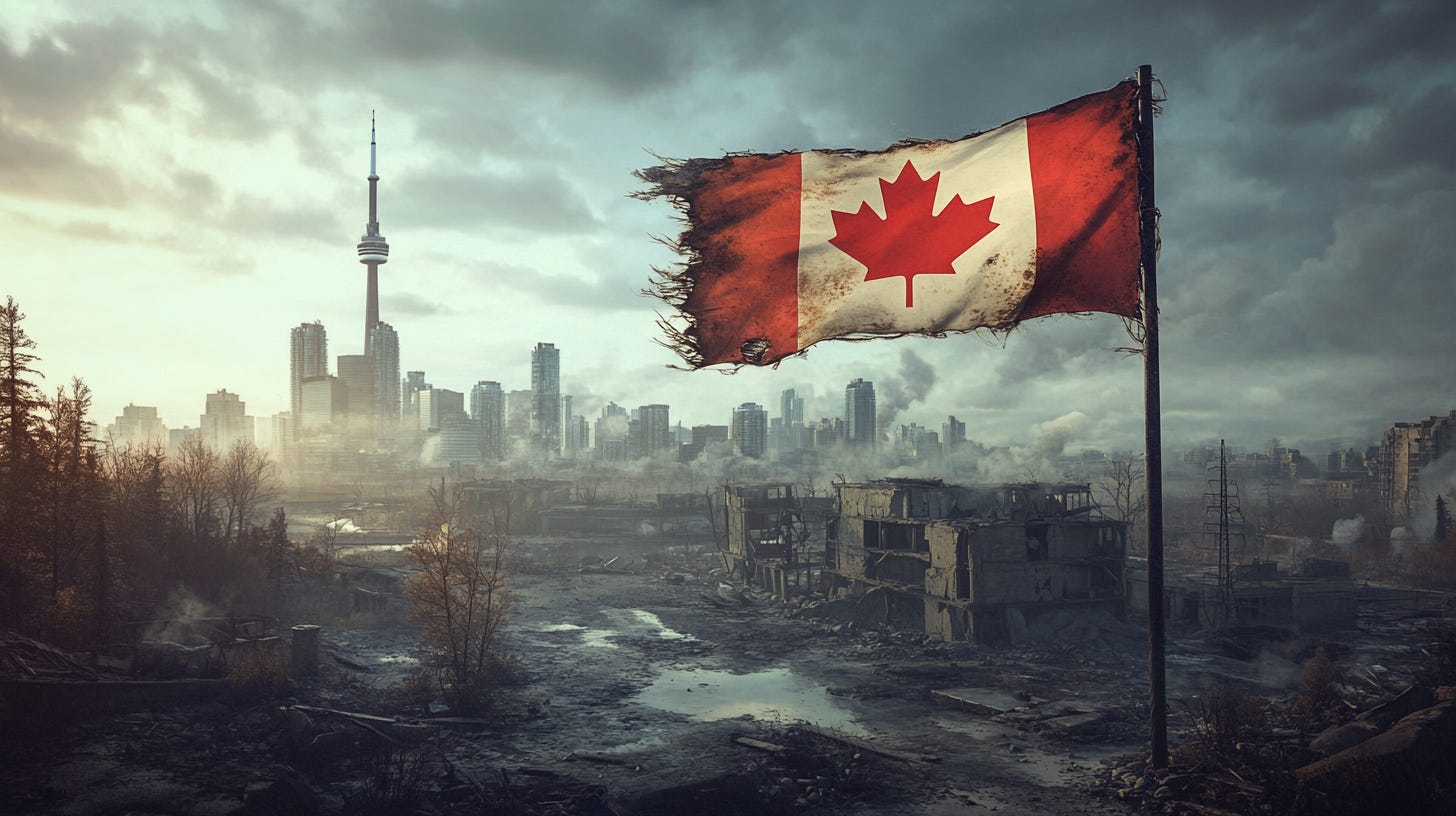
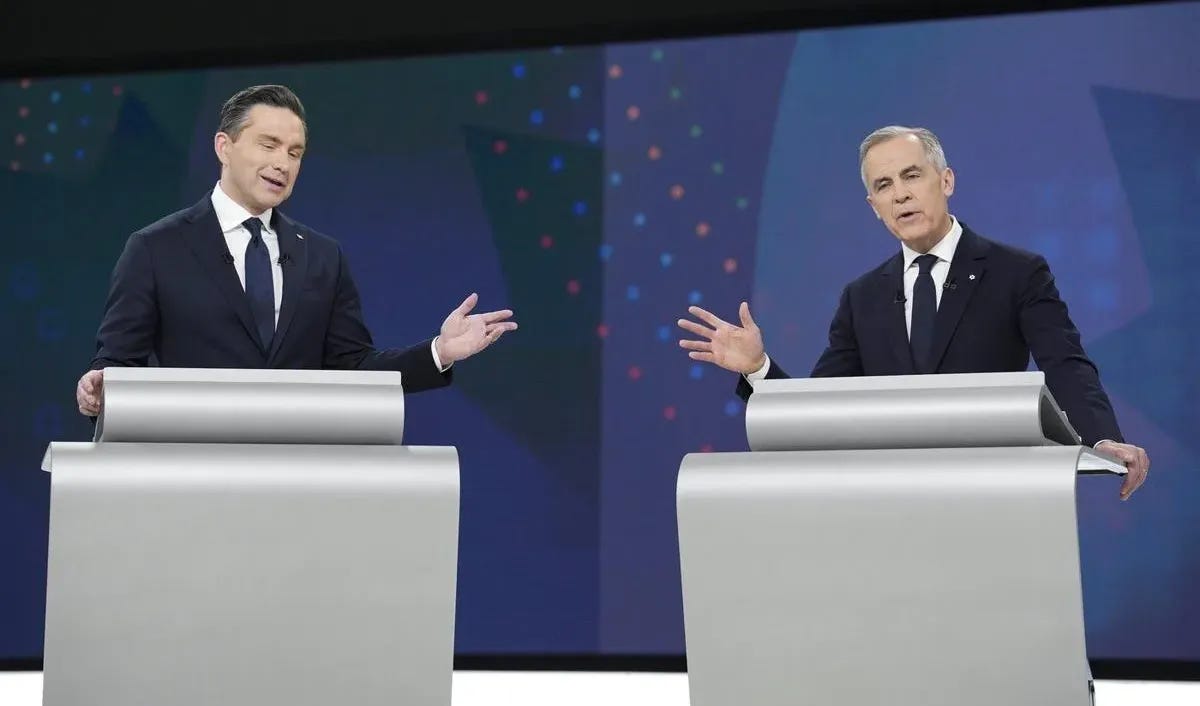
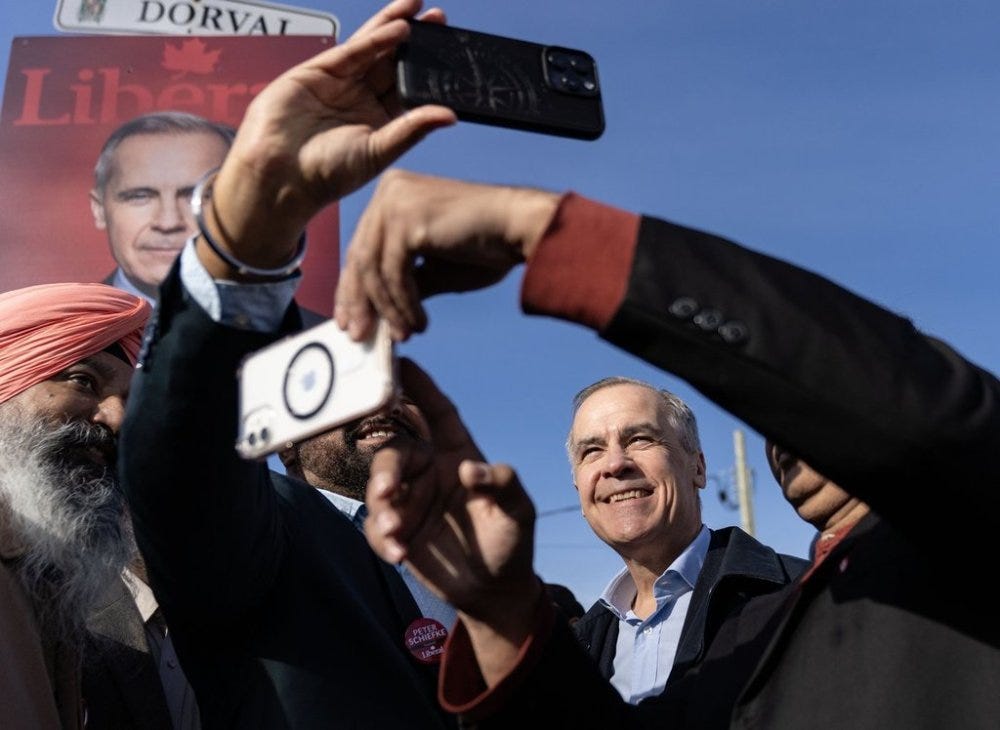

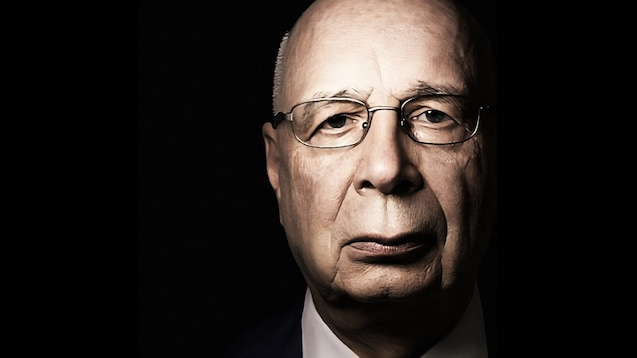
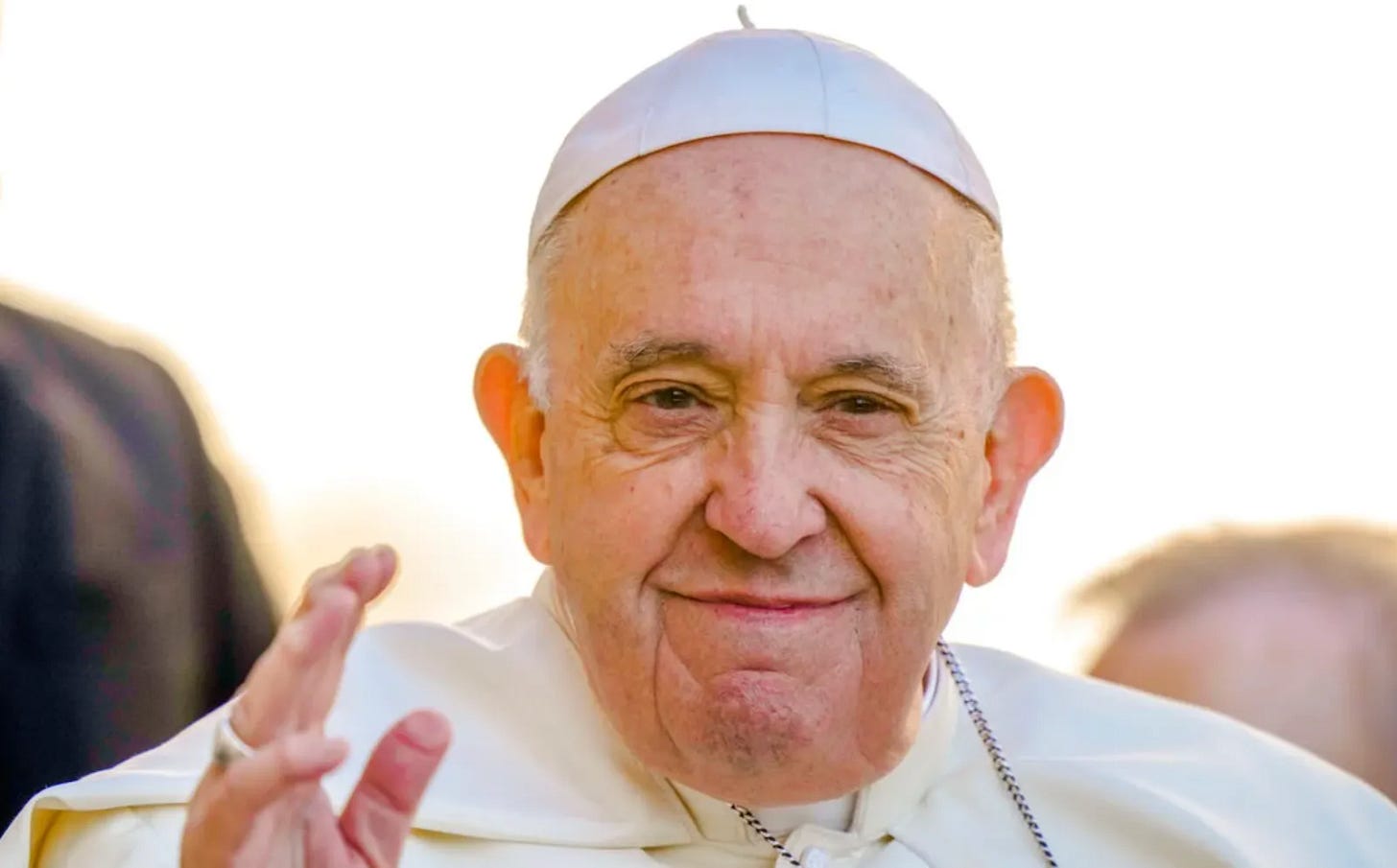







“because preserving their moral superiority matters more than preserving the country.”
🎯🎯🎯🎯
Argentina, the place Adolph Hitler escaped to.Coincidence! I doubt that.